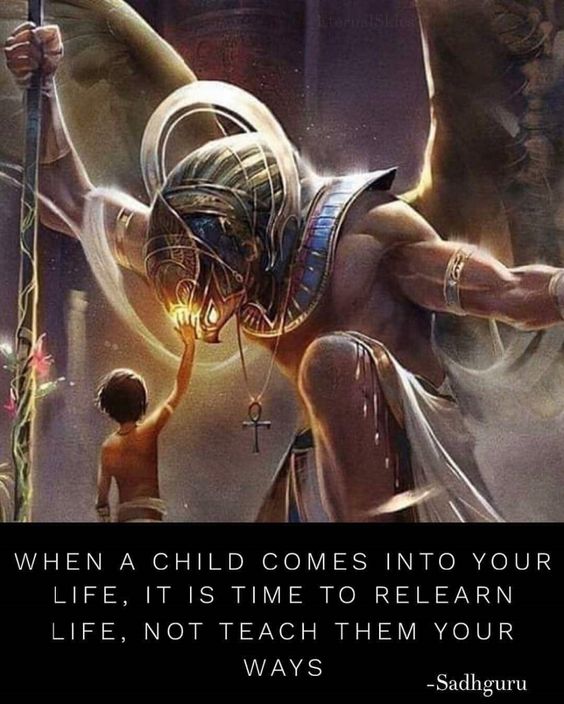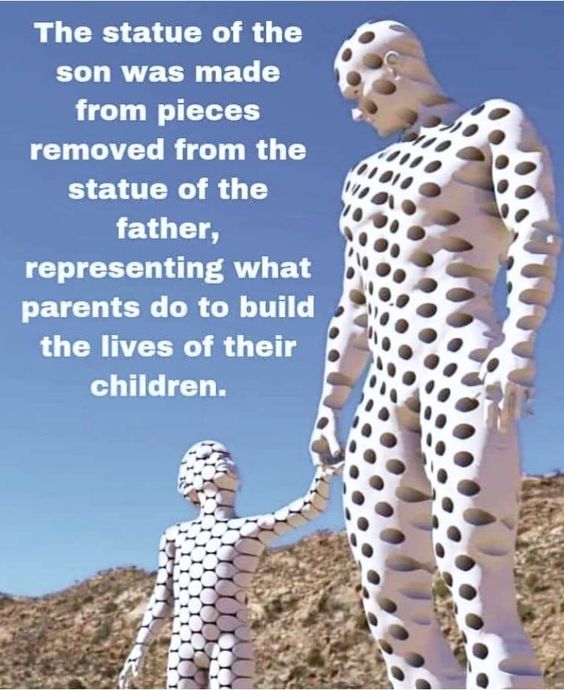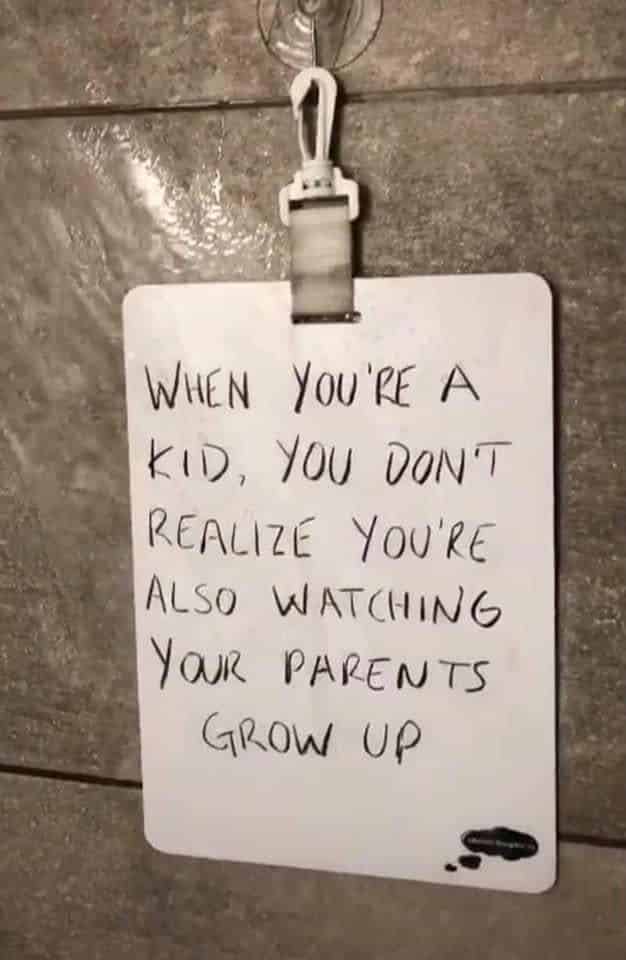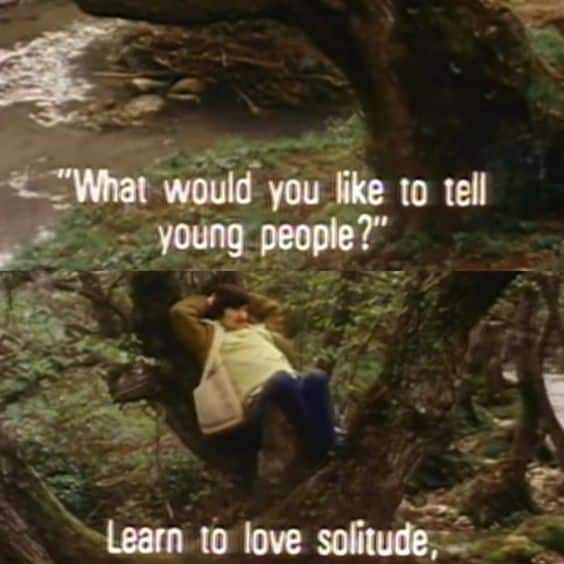“In marked contrast to the other domains of parental authority, my mother was loose when it came to the rules regarding food. If I didn’t like something, she never forced me to eat it, and if I ate only half my portion, she never made me finish the plate. She believed food should be enjoyed and that it was more of a waste to expand your stomach than to keep eating when you were full. Her only rule was that you had to try everything once.”
Michelle Zauner, Crying in H Mart (Page 22)
“She had always imagined her parents were too proud to get divorced, so instead let their resentments fester inside, projecting them onto their children, and Nora in particular. And swimming had been her only ticket to approval. Here, in this life she was in now, she had pursued a career to keep him happy, while sacrificing her own relationships, her own love of music, her own dreams beyond anything that didn’t involve a medal, her own life.”
Matt Haig, The Midnight Library (Page 98)
“Young people do not assimilate the values of their group by learning words (truth, justice, etc.) and their definitions. They learn attitudes, habits and ways of judging. They learn these in intensely personal transactions with their immediate family or associates. They learn them in the routines and crises of living, but they also learn them through songs, stories, drama, and games. They do not learn ethical principles; they emulate ethical (or unethical) people. They do not analyze or list the attributes they wish to develop; they identify with people who seem to them to have these attributes. That is why young people need models, both in their imaginative life and in their environment, models of what—at their best—they can be.”
John W. Gardner, Self-Renewal (Page 124)
“Adults whose childhood were focused mainly on happiness, are not only unprepared for tough moments, they experience more discomfort in those tough moments because deep down, they think they’re doing something wrong if they can’t ‘find the happy’ and get themselves to a ‘better place.’”
Dr. Becky Kennedy
“Do not ask your children
William Martin, The Parent’s Tao Te Ching
to strive for extraordinary lives.
Such striving may seem admirable,
but it is the way of foolishness.
Help them instead to find the wonder
and the marvel of an ordinary life.
Show them the joy of tasting
tomatoes, apples and pears.
Show them how to cry
when pets and people die.
Show them the infinite pleasure
in the touch of a hand.
And make the ordinary come alive for them.
The extraordinary will take care of itself.”
“In addition to reading, writing, and arithmetic, all kids need to learn self-awareness, self-regulation, and communication as part of their core curriculum. Just as we teach history and geography, we need to teach children how their brains and bodies work. For adults and children alike, being in control of ourselves requires becoming familiar with our inner world and accurately identifying what scares, upsets, or delights us.”
Bessel van der Kolk, The Body Keeps The Score (Page 356) | ★ Featured on this book list.
“As long as we feel safely held in the hearts and minds of the people who love us, we will climb mountains and cross deserts and stay up all night to finish projects. Children and adults will do anything for people they trust and whose opinion they value. But if we feel abandoned, worthless, or invisible, nothing seems to matter. Fear destroys curiosity and playfulness. In order to have a healthy society we must raise children who can safely play and learn. There can be no growth without curiosity and no adaptability without being able to explore, through trial and error, who you are and what matters to you.”
Bessel van der Kolk, The Body Keeps The Score (Page 352) | ★ Featured on this book list.
“I have always wondered how parents come to abuse their kids. After all, raising healthy offspring is at the very core of our human sense of purpose and meaning. What could drive parents to deliberately hurt or neglect their children? Watching [Karlen Lyons-Ruth’s] videos provided me with one answer: I could see the children becoming more and more inconsolable, sullen, or resistant to their misattuned mothers. At the same time, the mothers became increasingly frustrated, defeated, and helpless in their interactions. Once the mother comes to see the child not as her partner in an attuned relationship but as a frustrating, enraging, disconnected stranger, the stage is set for subsequent abuse.”
Bessel van der Kolk, The Body Keeps The Score (Page 123) | ★ Featured on this book list.
“As we grow up, we gradually learn to take care of ourselves, both physically and emotionally, but we get our first lessons in self-care from the way that we are cared for. Mastering the skill of self-regulation depends to a large degree on how harmonious our early interactions without caregivers are. Children whose parents are reliable sources of comfort and strength have a lifetime advantage—a kind of buffer against the worst that fate can hand them.”
Bessel van der Kolk, The Body Keeps The Score (Page 112) | ★ Featured on this book list.
“Literally from the first doctor’s visit with your newborn, they are telling you how your kid stacks up against other kids—their height and weight percentile, etc etc. It never stops…unless you stop it. You are not raising the average child, you are raising YOUR child. How many of the things you’re worried about as a parent would worry you if you didn’t know or didn’t look at what other families were doing?”
Ryan Holiday
To My Daughter. [Excerpt]
Excerpt: From his book, One Minute, Please?, this list includes 15 things Cole Schafer wants his daughter to know that you might want yours to know, too.
Read More »To My Daughter. [Excerpt]
“I’ve never understood parents who complain about “being a chauffeur” to their kids. ‘What am I, your driver?’ they say. Sure, it can be a pain in the ass to drive your kids around. To day care. To school. To a friend’s house. To a doctor’s appointment. To soccer practice. Sometimes it can feel like this is all parenting is — driving a little person around. For free. But instead of seeing the drive as an obligation or an inconvenience, why not choose to see it as a gift? A moment between moments. In fact, it’s a lot of moments. Even better, it’s captive time. You are stuck together! This is wonderful. This is what you wanted, right? An opportunity to connect? To bond? To have fun? So use it!”
Ryan Holiday
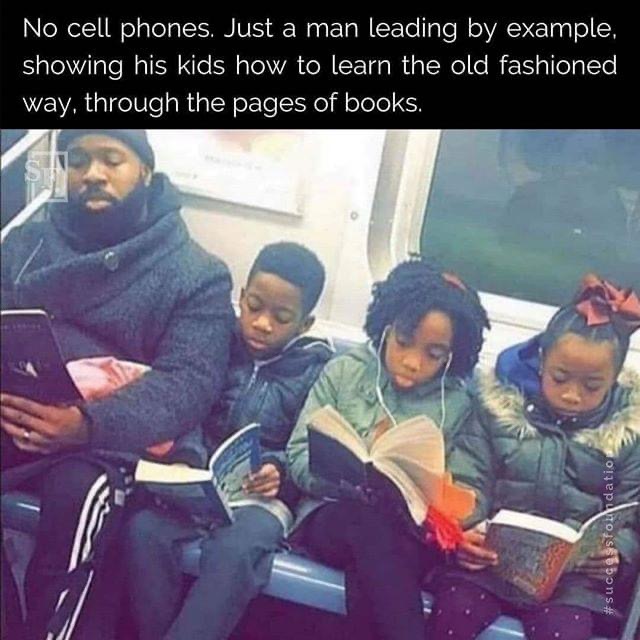
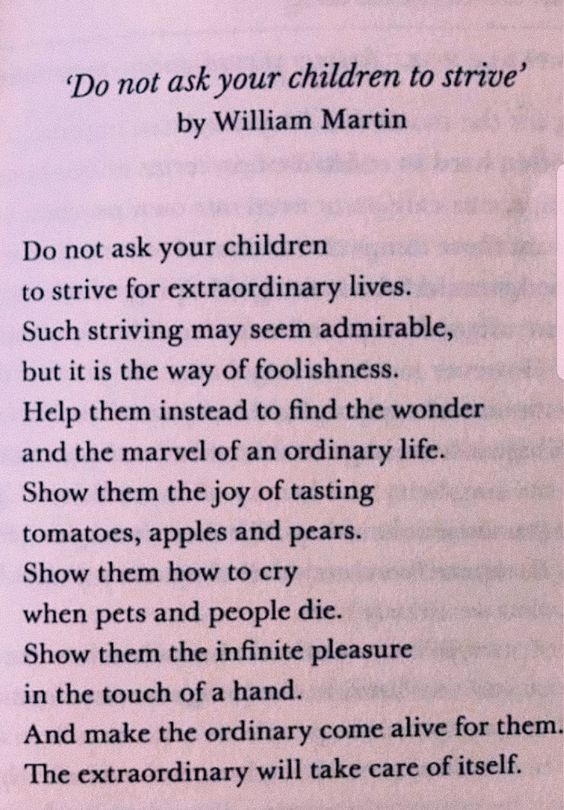
![To My Daughter. [Excerpt]](https://movemequotes.com/wp-content/uploads/2023/06/Daughter-930x620.jpeg)
